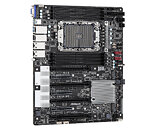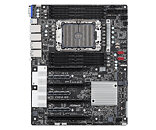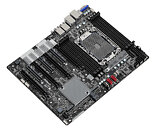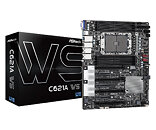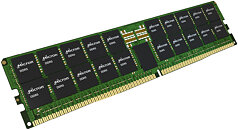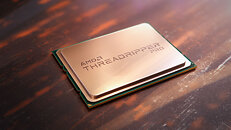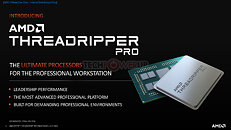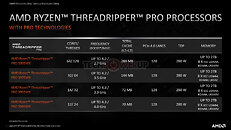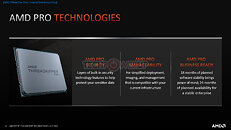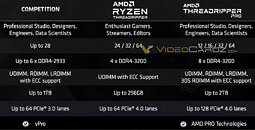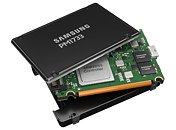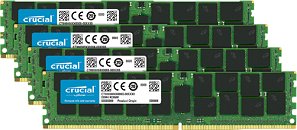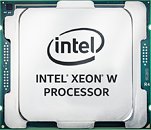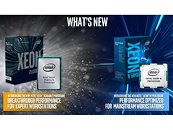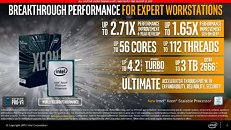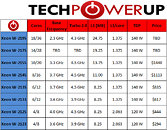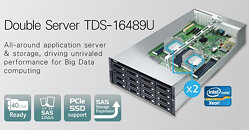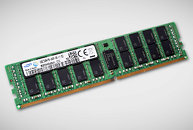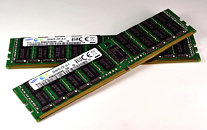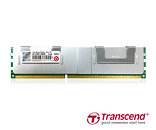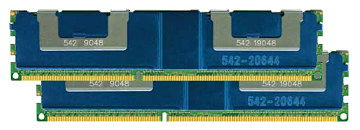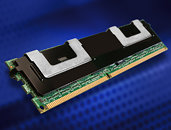MiTAC Computing Showcases Cutting-Edge AI and HPC Servers at Supercomputing Asia 2025
MiTAC Computing Technology Corp., a subsidiary of MiTAC Holdings Corp. and a global leader in server design and manufacturing, will showcase its latest AI and HPC innovations at Supercomputing Asia 2025, taking place from March 11 at Booth #B10. The event highlights MiTAC's commitment to delivering cutting-edge technology with the introduction of the G4520G6 AI server and the TN85-B8261 HPC server—both engineered to meet the growing demands of artificial intelligence, machine learning, and high-performance computing (HPC) applications.
G4520G6 AI Server: Performance, Scalability, and Efficiency Redefined
The G4520G6AI server redefines computing performance with an advanced architecture tailored for intensive workloads. Key features include:
G4520G6 AI Server: Performance, Scalability, and Efficiency Redefined
The G4520G6AI server redefines computing performance with an advanced architecture tailored for intensive workloads. Key features include:
- Exceptional Compute Power- Supports dual Intel Xeon 6 Processors with TDP up to 350 W, delivering high-performance multicore processing for AI-driven applications.
- Enhanced Memory Performance- Equipped with 32 DDR5 DIMM slots (16 per CPU) and 8 memory channels, supporting up to 8,192 GB DDR5 RDIMM/3DS RDIMM at 6400 MT/s for superior memory bandwidth.










